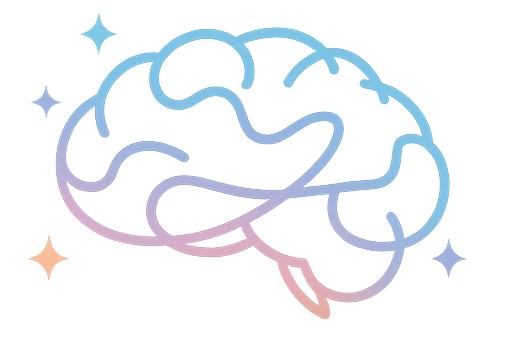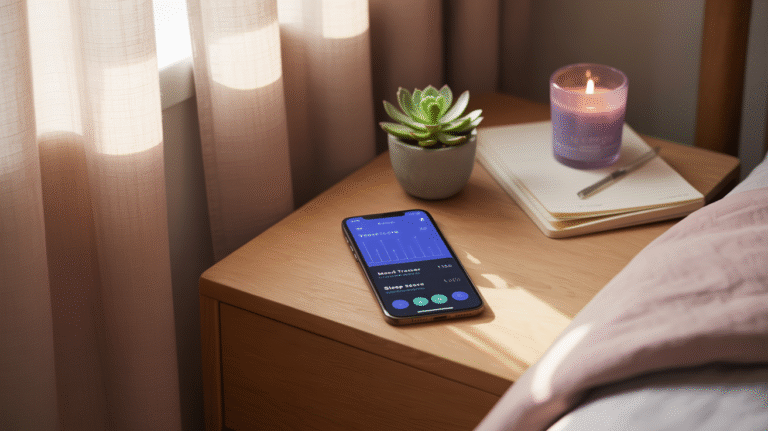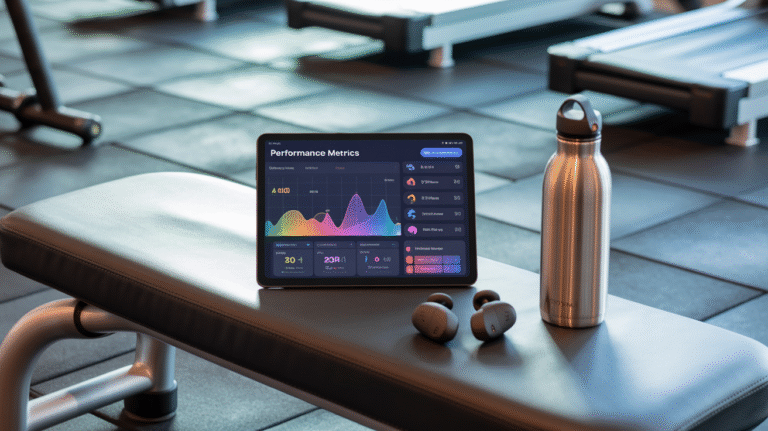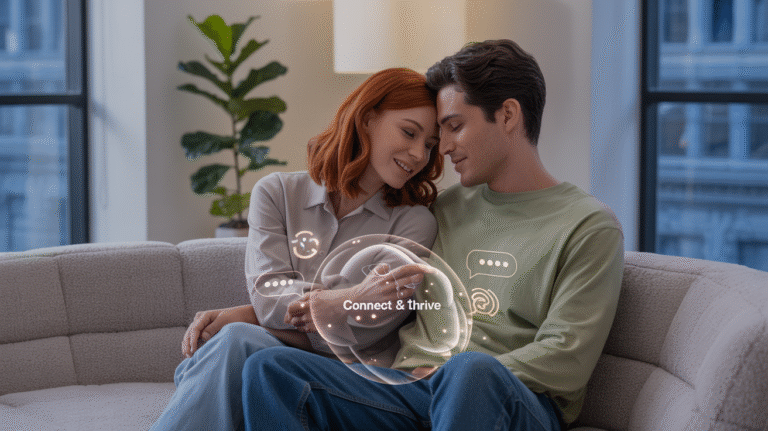Quick Summary
In the modern digital age, an AI personal doctor is a breakthrough in the field of healthcare provision. Such virtual health assistants are able to provide instant diagnosis, continuous monitoring, and personal treatment recommendations using machine learning algorithms, natural language processing, and extensive medical databases. Whether it is symptom checking or chronic disease management, an AI personal doctor can provide accessible and scalable care solutions, so patients can get timely interventions without the limitations of traditional clinic hours.
Personal doctors will be able to detect slight changes in your health indicators and warn you about potential issues before they develop into serious ones. This bias review has shown the vastly positive effects of AI healthcare assistants, including better patient outcomes, cost-effectiveness, and increased accessibility. Read this detailed article to know how this technology is transforming the future of medicine.
What is an AI Personal Doctor?
An AI personal doctor is an artificial intelligence and machine learning-based healthcare assistant. It analyses the health information that the user enters, such as symptoms, wearable device information, and medical history, to provide real-time information and recommendations. An AI personal doctor can offer continuous care, such as triage, monitoring, and treatment planning, which is not the case with generic symptom-checkers, which provide a seamless patient experience.
These systems can interpret patient queries in plain English (or other languages) through natural language processing, which guarantees effective communication. They are constantly improved by the interaction of users and medical literature, and they become more precise in diagnosis. In essence, an AI personal doctor is a digital version of a real-life clinician, complementing the care with data-driven accuracy.
How an AI Personal Doctor Works
- Data Collection: Patients input symptoms via mobile apps or wearable integrations. Common inputs include heart rate, blood pressure, activity levels, and self-reported symptoms.
- Data Analysis: Machine learning algorithms compare the inputs to extensive medical databases, identifying patterns and potential diagnoses.
- Recommendation Engine: The AI personal doctor gives recommendations on the basis of the analysis, including home remedies and booking a telehealth appointment.
- Continuous Monitoring: Wearables can be incorporated to provide continuous data streams, which the AI can use to monitor trends and alert the user of any alarming changes.
- Feedback Loop: The users confirm the results and further actions, which enables the AI to improve its algorithms and make more accurate recommendations in the future.
The combination of these steps enables an AI personal doctor to offer a dynamic and patient-centric approach to healthcare, bridging the gaps in accessibility and responsiveness.
Benefits of an AI Personal Doctor
Scalability: AI systems can potentially serve thousands of users simultaneously, reducing provider shortages and expanding access to underserved regions.
24/7 Availability: Patients are able to receive medical advice at any time of the day, which is why it is perfect in case of emergencies or out-of-hours issues. No more waiting rooms or restricted clinic hours.
Cost-Effectiveness: The overhead expenses are reduced through virtual consultations and automated monitoring, which translates to reduced fees to patients and insurers.
Personalized Care: Personal doctors apply advanced algorithms to tailor recommendations to the health profile, lifestyle, and risk factors.
Early Detection: Predictive analytics can help to detect potential health issues before they become more serious, which will enable early interventions and better outcomes.
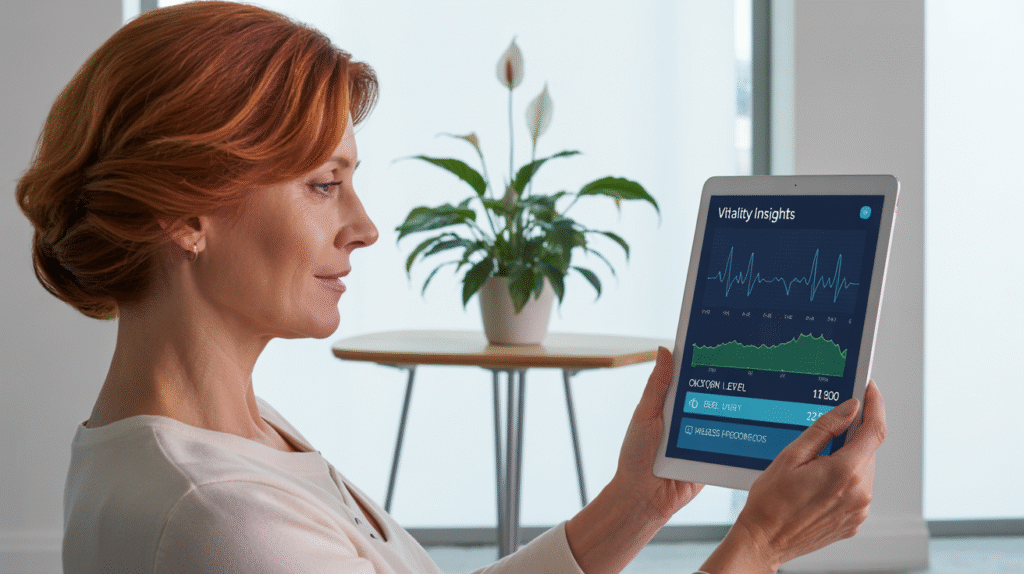
AI Personal Doctor vs. Traditional Healthcare
| Feature | AI Personal Doctor | Traditional Healthcare |
|---|---|---|
| Availability | 24/7 via app | Limited clinic hours |
| Cost | Low per-visit cost | Higher consultation fees |
| Personalization | Data-driven, adaptive | Depends on clinician’s bandwidth |
| Response Time | Instant | Varies by appointment availability |
| Scalability | High, serves many concurrently | Limited by staff and resources |
Pricing Comparison of Top AI Personal Doctor Services
| Service | Basic Plan (Monthly) | Premium Plan (Monthly) | Annual Discount | Key Features |
| HealthAI MD | $9.99 | $29.99 | 20% | Symptom checker, 24/7 chat, analytics |
| VirtuMed | $14.99 | $39.99 | 25% | Teleconsultations, prescription renewals |
| DoctorBot | $7.99 | $24.99 | 15% | Chronic disease monitoring, alerts |
Pros and Cons of Such Services
| Pros | Cons |
| Instant diagnosis and triage | Cannot replace physical examinations completely |
| Reduced healthcare costs | Data privacy and security concerns |
| Personalized treatment plans | Potential algorithmic biases |
| Scalability to serve remote populations | Regulatory and legal compliance hurdles |
| Continuous health monitoring | Dependence on user-provided data accuracy |
The Main Characteristics of the Best AI Personal Doctor Platforms
- Advanced NLP: Understands complicated descriptions of symptoms.
- Telemedicine Integration: Allows seamless connection to human clinicians when necessary.
- Wearable Sync: Collects real-time health data from smartwatches and medical devices.
- Predictive Alerts: Sends alerts on abnormal trends or alarming levels.
Practical Uses of Such Technology
AI personal doctors are changing the way care is delivered, whether it is in rural clinics in developing countries or in urban telehealth services. In emergency situations, AI-based rapid assessments can inform first responders, which can save lives. Chronic illness management can be significantly enhanced by continuous monitoring—patients with diabetes, hypertension, or heart conditions can be provided with specific recommendations and dosage adjustments, improving compliance and outcomes.
The Future of Healthcare
As regulations evolve and AI models advance, these tools will integrate more deeply into electronic health record systems, be widely adopted by insurers, and align closely with in-person providers. The combination of human expertise and AI accuracy promises a more efficient, equitable, and patient-centric healthcare ecosystem.
Frequently Asked Questions
- Q1: Is an AI personal doctor as trustworthy as a human doctor?
AI is excellent at analyzing data and spotting patterns, but it is not a replacement for human clinicians. The best outcomes come from collaborative care models. - Q2: What is the security of my data?
Reputable platforms comply with HIPAA and GDPR, using encryption and anonymization to protect user data. - Q3: Can AI personal doctors prescribe medicine?
Some platforms, in collaboration with licensed physicians, can issue electronic prescriptions after virtual consultations. - Q4: Which devices are compatible with AI personal doctor apps?
Most work with iOS and Android devices and popular wearables like Apple Watch and Fitbit. - Q5: Do AI health tools have subscriptions?
Yes. While free versions exist, premium subscriptions offer more advanced features.
